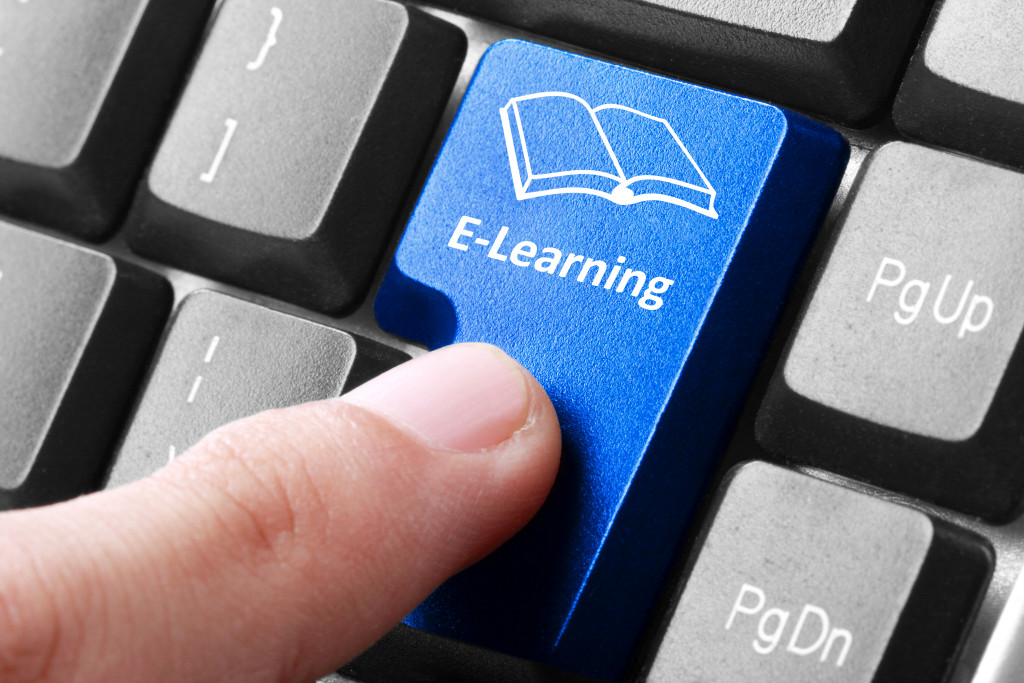Online classes are a thing now. As much as one may think the Internet and a laptop are available items, this reality does not apply to every single student. While one student may let out a sigh of relief that they won’t have to take the early morning trip to school with their private car chauffeur, another student is making ends meet to provide the technological requirements of online education.
To this, progressive students on the internet scream, “Check your privilege!”
Checking one’s privilege entails introspection and acknowledgment.
First, they need to look at their lives and look at the factors that may garner them privileges. It could be social class, race, gender, etc. Second, one needs to acknowledge their privilege. It is not easy for some, as they retaliate from the notion that their achievements may not be self-made.
However, checking one’s privilege should not be offensive. It does not entail that a person has not earned their spot in society. What it simply means is that some parts of the system grant them a pass at certain things. Thus, they do not experience the same prejudice and discrimination that other groups inevitably encounter.
The question is not, “So what?”
The question is, “What am I going to do with this privilege?” As a privileged individual, one may have a head start than those who do not have the same privilege as you. For example, if they are well-off, they can financially help those who might be in need during the COVID-19 pandemic. What they can do is fund donation drives that feed the hungry, shelter the homeless, etc. As a person with privilege, they have in one way or another the capacity to reach out to those who are less privileged.
At one point, it no longer becomes about the privileged individual.
In a certain country, an international LGBTQIA+ show is going to be dubbed in their national language. The show is going to be adapted by one of the biggest media companies in the country, making it accessible to those in rural areas. It is weird, yes, but think about what that could mean to the LGBTQIA+ individuals—especially kids—who cannot read subtitles, more so understand English. Somewhere, in a place without an internet connection, this show will make the same impact as it did to the rest of the online world.
Therefore, privilege should be paired with empathy. It is through putting oneself in someone else’s shoes that they can—at the very least—understand the plight of others. Through this understanding, they can stand beside the other and fight for their rights.
Empathy starts with a conversation, and the conversation begins with questions. An open discussion about the other person’s life would be an excellent start to welcome understanding and banishing one’s prejudice against another community. Immersion or trying to experience their life may not be necessary, but reflective and active listening is.
The more a person learns, the more they open their eyes. Through this, they can finally do something. Whether it is opening their purses or speaking out for those who cannot, privilege—when used mindfully and for the common good—can bring about change in the power dynamics.







